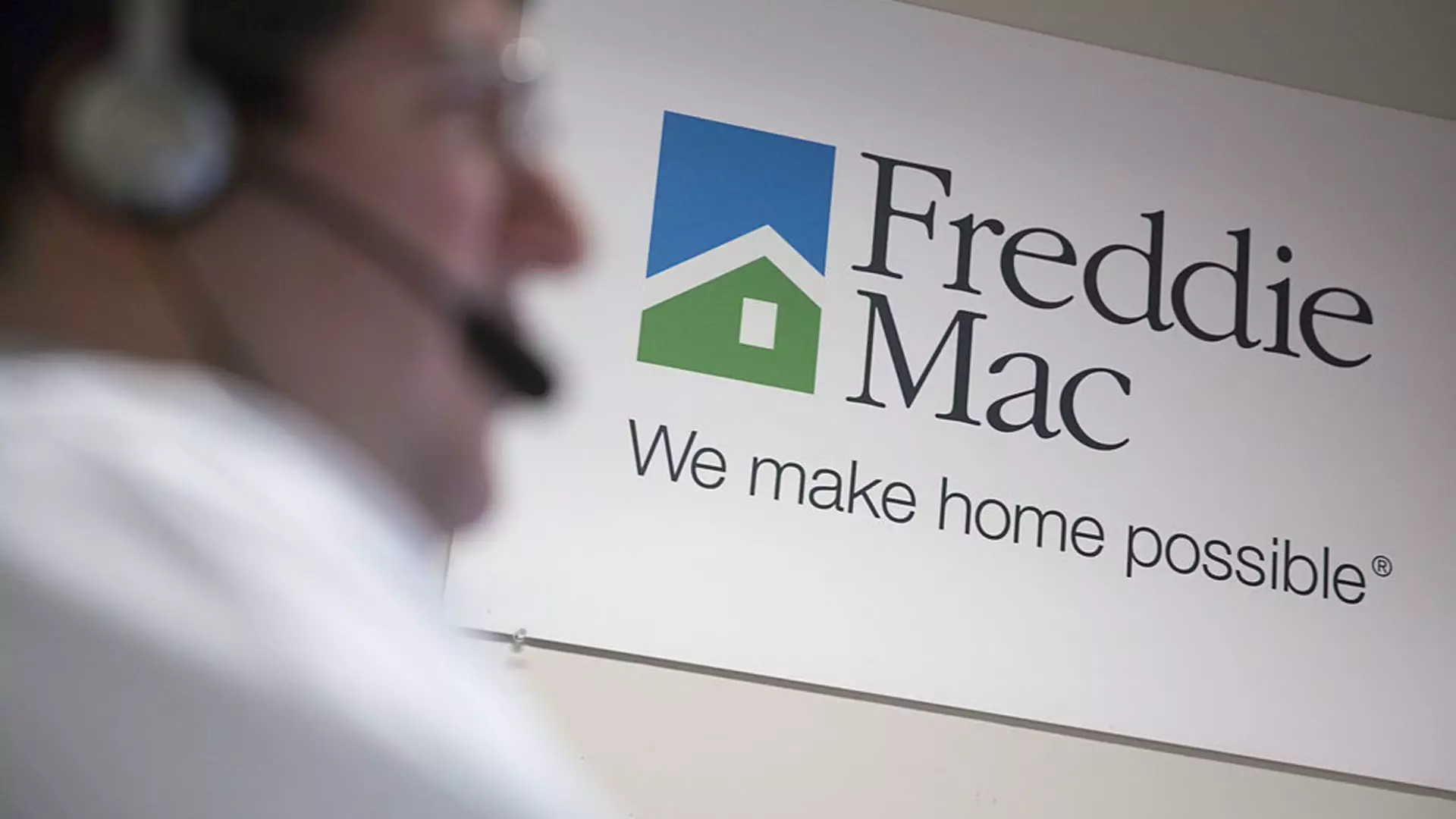Fannie Mae and Freddie Mac, two significant entities in the American mortgage landscape, have been under the federal government’s control since the financial crisis of 2008. This situation has sparked debates among policymakers about their future direction and the potential ramifications for both the housing market and taxpayers. With whispers of a possible end to their conservatorship under the Trump administration, it’s vital to assess what this could mean for the mortgage industry and the broader economy.
Founded to bolster the accessibility of mortgage financing, Fannie Mae and Freddie Mac play crucial roles in providing stability to the U.S. housing market. By creating financial products that mitigate risk for investors and lenders, these government-sponsored enterprises (GSEs) help determine mortgage rates and facilitate refinancing options for homebuyers. Their existence is critical for the liquidity of the housing finance system, allowing banks to lend more broadly, ultimately helping consumers obtain home loans.
However, the controversial 2008 conservatorship illustrated the fragility of these institutions. Wild fluctuations in the housing market led to millions defaulting on their mortgages, which resulted in a staggering wave of foreclosures. For many, the experience was a heartbreaking culmination of misplaced confidence in their financial stability, reflecting broader systemic issues within the mortgage finance system.
In the wake of the housing market collapse, the federal government intervened, extending large lines of credit to both Fannie Mae and Freddie Mac. The Treasury Department aimed to protect both the entities and, by extension, the American taxpayer, from the fallout. This intervention was not without criticism; it raised questions about moral hazard and the extent to which government should be involved in financial markets. By initiating profit sweeps from the GSEs, the government sought to recuperate taxpayer funds and stabilize the economy.
As past data suggests, the U.S. government commitment to these enterprises has been substantial; over the years, they have collectively returned $301 billion to the Treasury. However, while this money underscores successful recovery efforts, it also speaks to the risks associated with government backing in the mortgage sector.
As we consider the future of Fannie Mae and Freddie Mac, it’s essential to address the unresolved tension between privatization and public control. Mark Calabria, a pivotal voice in the conversation and former director of the Federal Housing Finance Agency, argued that the GSEs need to operate with adequate capital reserves to safeguard against economic downturns. His assertion indicates a shift may be necessary, although it presents challenges amidst fears of potential interest rate hikes.
The financial market responses to privatization could be significant. Calabria posits that eliminating government backing could actually decrease mortgage rates, a view contrary to others who suggest the absence of such backing could lead to upward pressure on rates by as much as 90 basis points. This divergence of opinion highlights the ongoing uncertainty; insights vary widely on the impact of privatization on market accessibility — particularly for first-time homebuyers and low-income borrowers.
With discussions surrounding the GSEs intensifying, the key challenge lies in reforming Fannie Mae and Freddie Mac to ensure optimal functioning while mitigating taxpayer risks. It’s critical to recognize that any potential restructuring must be conducted thoughtfully to preserve the benefits that these institutions provide to the housing market.
In an economy still recovering from the impacts of a global pandemic, policymakers have a crucial responsibility to balance market needs with fiscal prudence. The GSEs’ role cannot be understated; their fortunes are intrinsically linked to national housing stability, making the decisions facing Washington not just economic choices, but moral ones that will affect millions of Americans.
As Fannie Mae and Freddie Mac stand at a crossroads, their future will undoubtedly shape the U.S. mortgage market for years to come. With considerations surrounding privatization and government oversight leading the discussions, it’s imperative that any moves made are in service of both the economy and the American homeowners reliant on these systems for financial security. The challenge thus remains: achieving a sustainable and equitable balance that secures the interests of taxpayers while fostering a thriving housing market.

